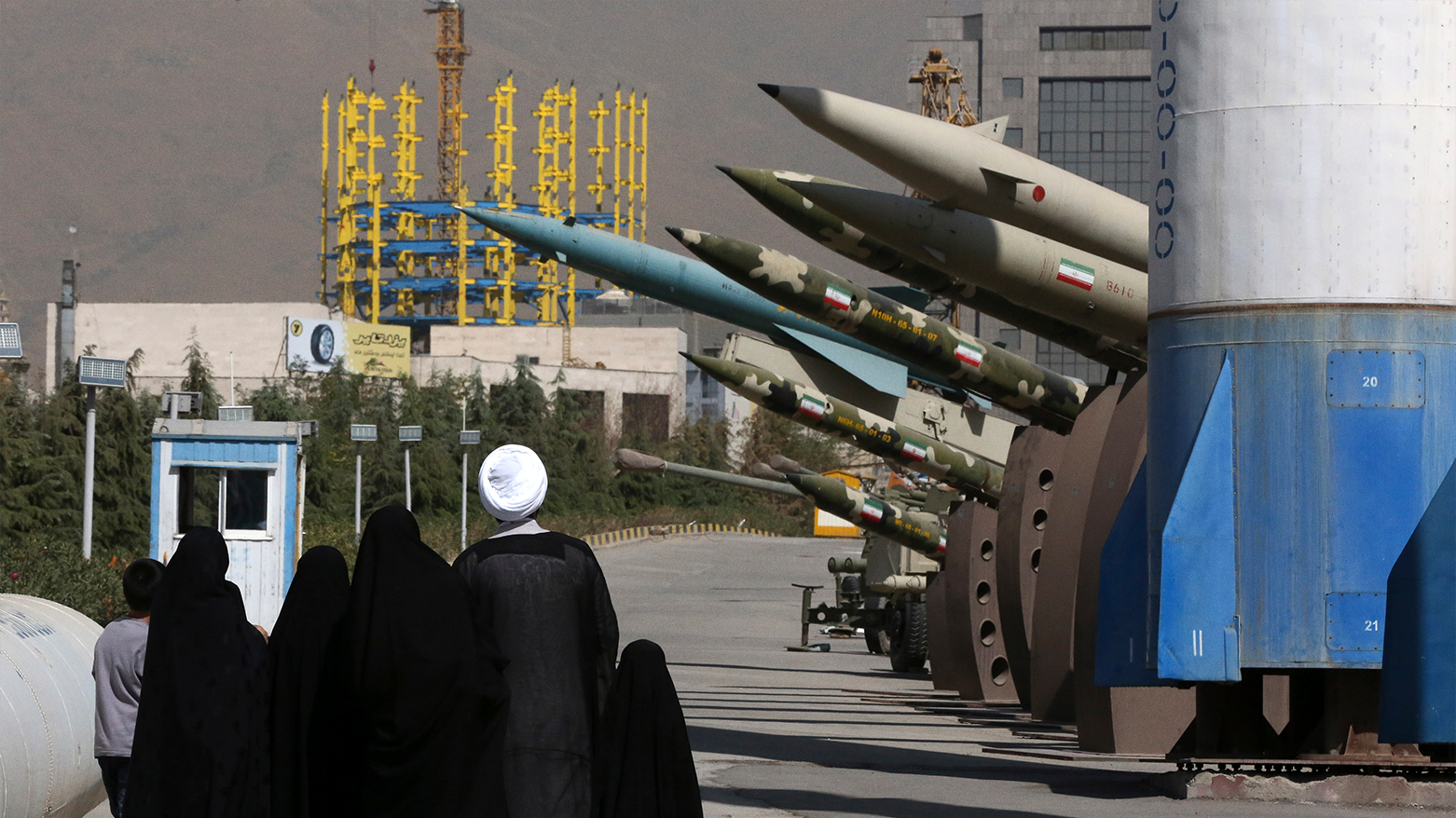Iran Overhauls Security, Creates New 'Supreme Defense Council' After 12-Day War
Iran is establishing a 'Supreme Defense Council' and changing security leadership in a major overhaul after its war with Israel. The move, amid warnings of more conflict, is seen as preparation for potential NPT withdrawal and intensified military development.

ERBIL (Kurdistan24) – Iran is undertaking a major reorganization of its national security apparatus, establishing a new 'Supreme Defense Council' and changing the leadership of its powerful Supreme National Security Council, in a significant move following its recent 12-day war with Israel.
The Fars news agency, which is affiliated with the Islamic Revolutionary Guard Corps (IRGC), announced the changes, signaling a strategic shift as Tehran prepares for what officials have warned could be a prolonged and sudden conflict.
According to the Fars report, Ali Larijani, a current advisor to Iran's Supreme Leader Ali Khamenei, will be appointed as the new secretary of the Supreme National Security Council. The current secretary, Ali Akbar Ahmadian, will be entrusted with managing a number of the country's special and strategic files.
The new 'Supreme Defense Council', whose structure will be announced soon, will assume strategic responsibilities in the country's defense policies. The agency described the move as part of a "new governance arrangement in the fields of defense and security."
The establishment of this council harkens back to the Iran-Iraq War, during which a similar body was tasked with managing the war effort. The Fars report suggested that creating a new Defense Council in parallel with the Supreme National Security Council is intended to "separate defense and security functions during a time of war, as the Islamic Republic of Iran currently sees itself in a state of conflict."
This major overhaul comes amid an intensely volatile environment, with top Iranian officials openly speaking of the likelihood of renewed conflict. Former Foreign Minister Ali Akbar Salehi recently warned that Iran must operate under the assumption that "tomorrow could be the day of war."
"Ignoring this possibility is a major mistake, and suddenness is part of the nature of war," Salehi stated, adding that the armed forces must remain in a "state of full readiness" for a conflict that could begin in a "sudden moment."
His warning followed a major military escalation on June 13, when Israel attacked Iranian nuclear and military sites, prompting a massive retaliatory ballistic missile strike from Iran on Tel Aviv.
In addition to separating security and defense functions, there is speculation reported by Fars that the new structure is designed to prepare Iran for the potential return of international sanctions by European countries and for a possible decision to withdraw from the Nuclear Non-Proliferation Treaty (NPT).
In such a scenario, the report speculates, the new Defense Council could be tasked with the highly sensitive files of "developing nuclear warheads and long-range ballistic missiles with a range of up to 4,000 kilometers."
The sense of urgency for a security review was echoed by Ali Saeedi, the head of Khamenei's Ideological-Political Office, who announced on Friday that "after recent events, the defense-security system and border protection must be reviewed, and intelligence surveillance must be enhanced."
The restructuring is the latest manifestation of a defiant posture from Tehran, where officials from the foreign ministry to the IRGC have vowed decisive retaliation for any new aggression and have dismissed diplomatic talks with Western powers as ineffective and biased.